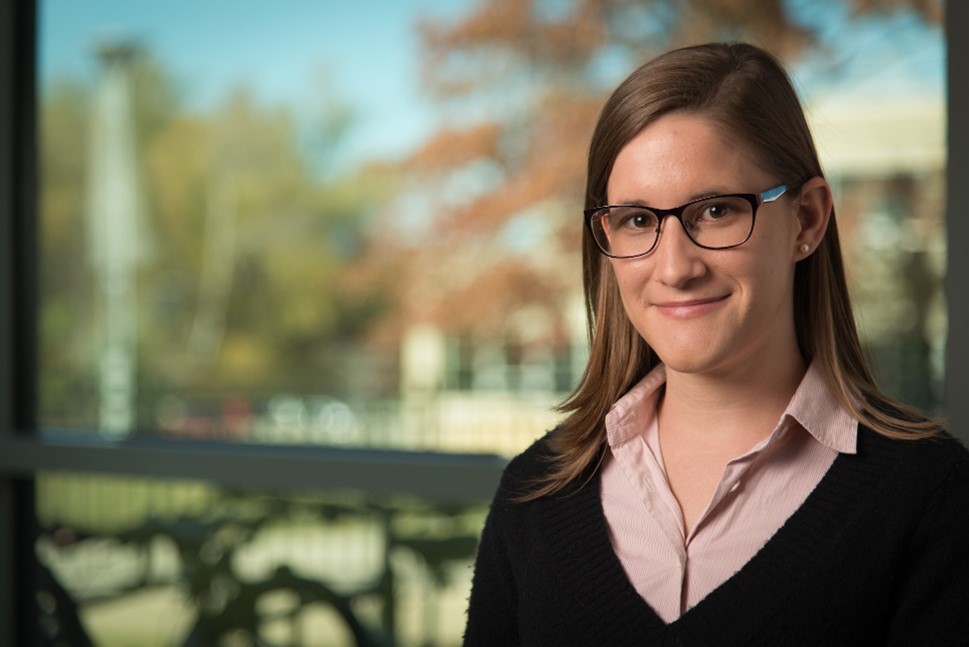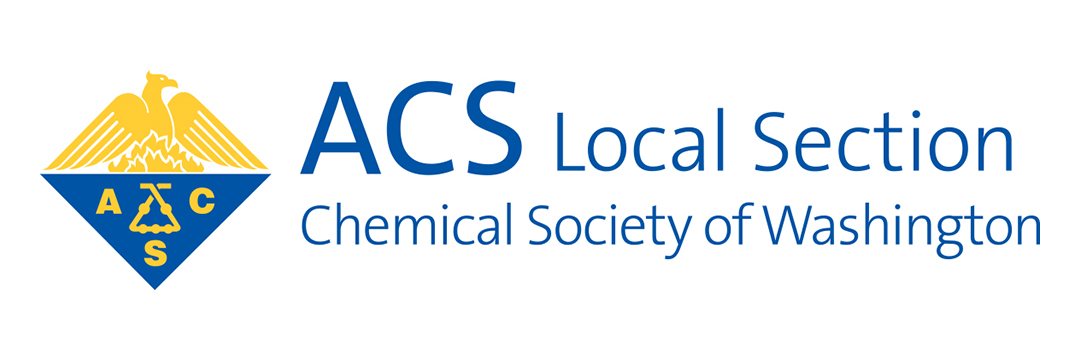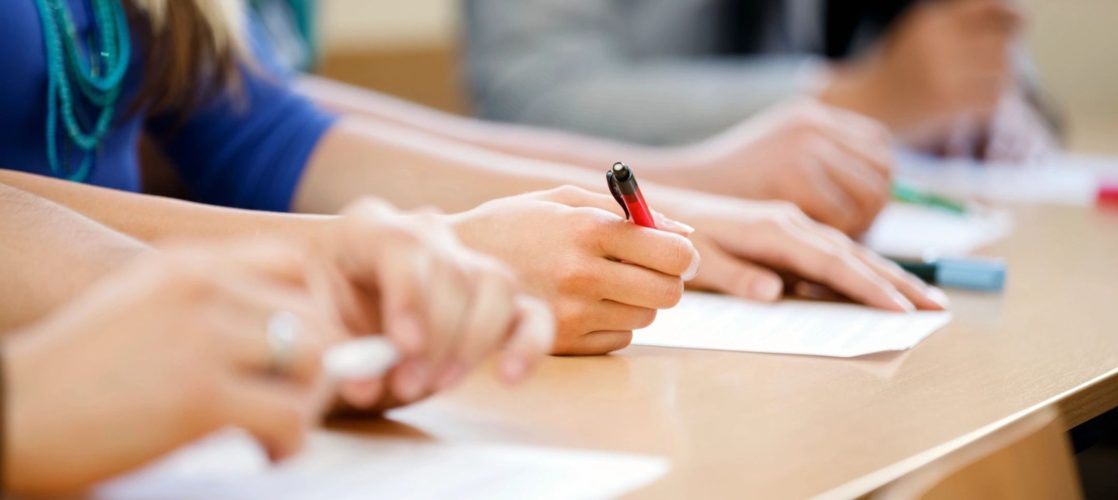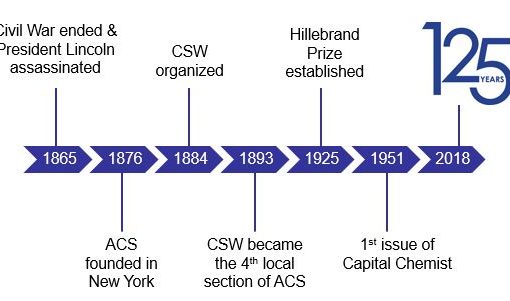
Leah Dodson, Ph.D.
Department of Chemistry & Biochemistry
University of Maryland College Park
“Exploring Astrochemically-Relevant Weakly-Bound Complexes with Matrix-Isolation Spectroscopy”
This meeting is over. You may view the recording.
Speaker Bio
Leah grew up in central Pennsylvania. For undergrad, she went to Case Western Reserve University in Cleveland, OH, where she majored in Chemistry (minor in Physics) and graduated with a BS in 2010. While she was at Case, she studied the photophysical properties of pharmaceutical water pollutants in the research lab of Carlos Crespo-Hernández.
Leah obtained her PhD in chemistry in 2016 with Mitchio Okumura at California Institute of Technology in Pasadena, CA. There she studied the spectroscopy and kinetics of radicals that are relevant to atmospheric and combustion chemistry, including several visits to the Advanced Light Source in Berkeley, CA and Sandia National Laboratories in Livermore, CA.
After completing her degree, she moved to Boulder, CO where she was a NIST NRC postdoc in the lab of J. Mathias Weber at JILA/the University of Colorado. She carried out experiments using ion spectroscopy and cryogenic systems to obtain detailed structural information about gas phase ions. In Fall 2019, she started her independent group in the Chemistry Department at the University of Maryland in College Park, MD (http://blog.umd.edu/dodson). Her group is focused on using cryogenic tools to study spectroscopy and kinetics of astrophysically-relevant molecules and ions.
Abstract
The exotic molecules and chemistry observed by astronomers in astrophysical objects have challenged chemists to rethink the molecular synthesis playbook. The extreme conditions in space—for example, temperatures that can go as low as 10 K—must be considered when seeking insight into the prevailing reaction mechanisms. In the absence of significant thermal energy, weakly-bound complexes that would normally dissociate rapidly under terrestrial conditions now become temporary sinks for astrochemicals and could ultimately direct the chemistry occurring in low-temperature, low-density environments. In this talk, I will discuss the matrix-isolation instrument we have constructed in our new laboratory at the University of Maryland and how we are using it to study the formation of weakly-bound complexes through Fourier-Transform infrared spectroscopy and quantum chemistry calculations.




